RAISED

A youth chess club in Africa’s oldest refugee camp struggles with the challenges of growing up in a place built to be temporary. Despite it all, they establish a lifelong home through a common culture of chess.


A youth chess club in Africa’s oldest refugee camp struggles with the challenges of growing up in a place built to be temporary. Despite it all, they establish a lifelong home through a common culture of chess.
We will explore what experts call the “aid gap” in the refugee and displacement crisis today. Over 130 million people are currently displaced - and that number grows every year. Less than 3% of refugees in camps are ever resettled. This leaves the vast majority left to cope with making a lifelong home in a place that was built to be temporary.
This is especially true in Nakivale, Africa’s oldest refugee camp, located on the southwest border of Uganda. The average “stay” of a refugee here is over 20 years, yet media attention and aid dollars wane 2-3 months after conflict or disaster cause mass displacement.
This “aid gap” leads to a multi-generational degredation in quality of life, especially for children, who make up 40% of displaced populations, who grow up in camps lacking proper infrastructure and opportunities for education, personal development and community. Struggles with language barriers, trauma, mental health, missing family members, a shaming stigma, and a lack of resources are stunting larger and larger populations as more children are growing up displaced.

But as generations of refugees who grew up displaced now claim their camps as their homes, a promising wave of refugee-led organizations are rising, and seeking to solve widespread issues within their own communities.
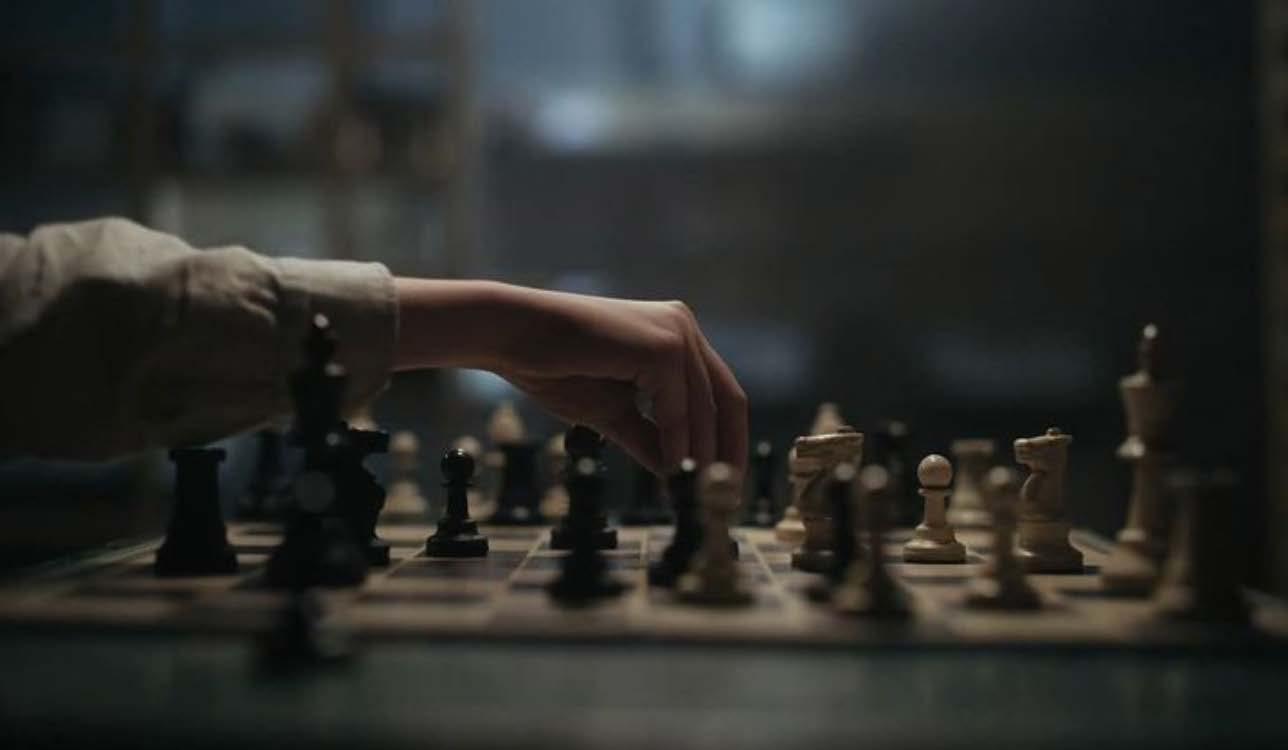
Our main character, Julien, faced immense challenges when he fled the Democratic Republic of the Congo in 2011 at age 10, and struggled to find safety and belonging. From living on the streets to teaching himself English to connect with peers, he and his family fought to survive the realities of displacement. He eagerly pursued an opportunity to be educated in Kampala, and when the COVID19 crisis sent him back to Nakivale, ravaged the camp, and killed his father, he thought it was “the end” for him.
When he rediscovered a chess board he had thrown away and began to play - at first alone, and then with his siblings - he found that chess was healing his family and his own psychological trauma. He was inspired to teach all children in the camp how to play chess and now runs a thriving chess club, known widely across the camp as Raise Chess Academy.
Regardless of its cultural strangeness and the pushback the club initially received, over 200 children from war-torn neighboring countries gather every day to play chess at Nakivale Basecamp, where they are learning English, developing leadership, creating a common culture and building a lifelong community through the game of chess.
Three young girls, Furaha, Juliet, and Furaha Bahati, have found refuge in the game of chess. They have found truer friendships here then since fleeing war and persecution in their home countries. From not being able to communicate at all, to finding a sorely needed system of support through a curious game, each young girl discovers what it means to make a permanent home for oneself in the midst of liminality.
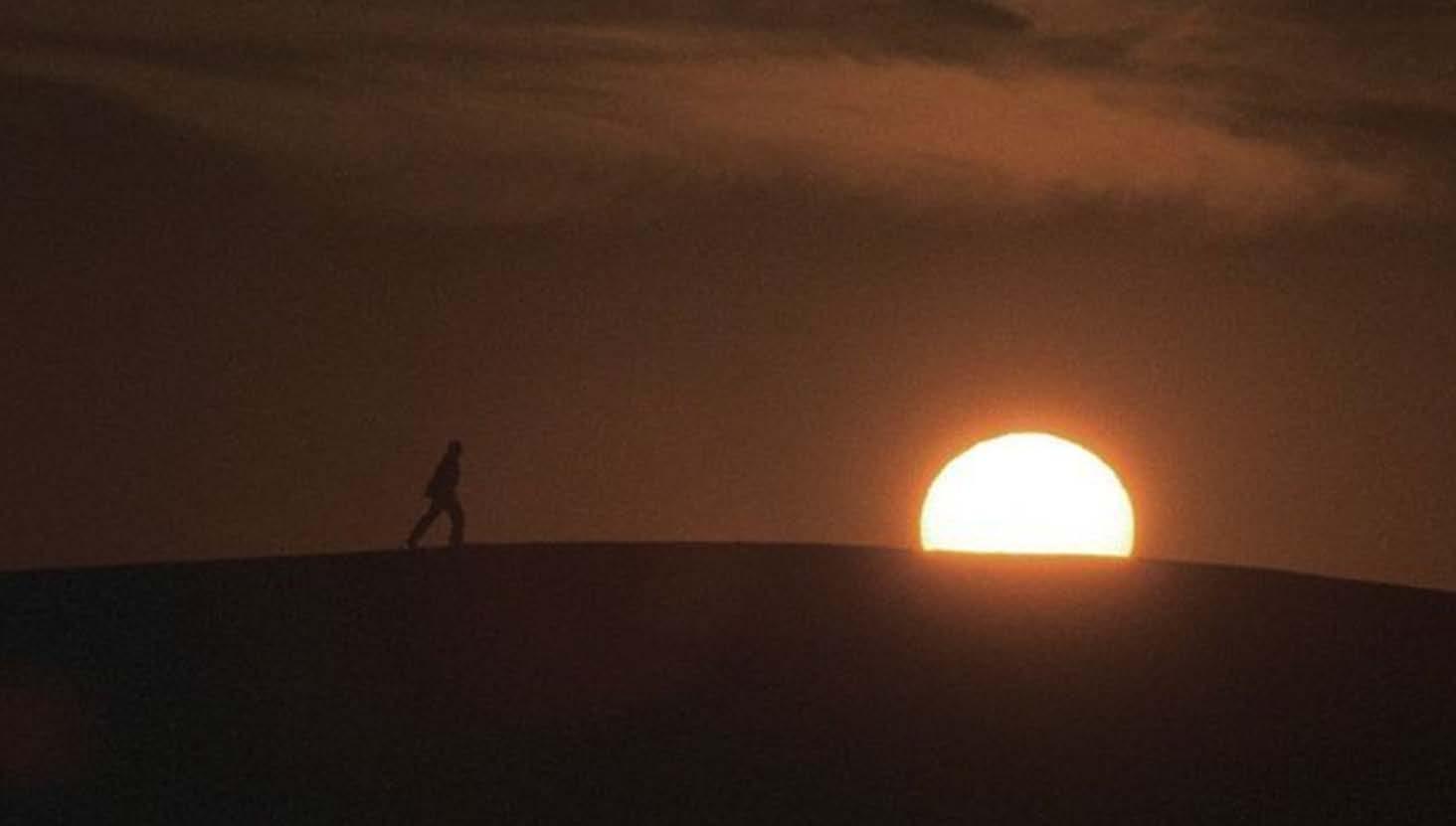
We explore the greater landscape of the refugee crisis and aid-gap through detailing Julien’s experience as a child, fleeing his war-torn home country and settling in Nakivale, where he struggles to heal and find safety and belonging.
Through his experiences living on the streets of Kampala and moving to the camp, Julien will explain the uniqueness of the refugee experience in Uganda - and in Nakivale. In tandem with his own emotive experience as a child, we will have Julien explain the statistics and realities of the refugee crisis and growing up in the campshining a light on protracted generational displacement and how refugees are faced with making camps their permanent homes.
The COVID19 pandemic relegated him to the camp, ravaged his community, and killed his father. Julien believed it was “the end” for him.
We will intimately illustrate how chess healed Julien’s family and inspired the creation of Raise Chess Academy, where chess is used as a tool for cross-cultural community building and healing psychological trauma for refugee youth in Nakivale.
We detail the origins of the academy, from the initial pushback it received from the community, to the ways it now brings refugee youth together in skills-development and friendship.
We will follow the experiences, skillsdevelopment and social/emotional growth of 3 young girls who gather at Raise Chess Academy to play chess together every day: Furaha, Juliette, and Furaha Bahati.
Through their accounts of leaving their home countries, resettling in the camp, and playing chess together, we explore what it means to create a longterm home for oneself in a place that was built to be temporary.
Through the lens of of a chess club, we explore what it means to be raised in the Nakivale refugee camp, and why organizational and social supports that bring children with shared traumatic experiences together in a healthy environment are necessary for long term community thriving in refugee camps.



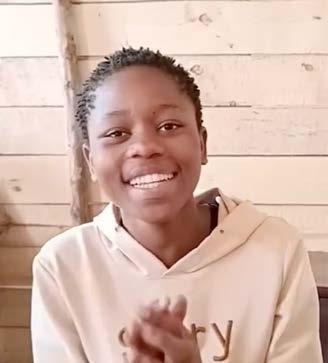
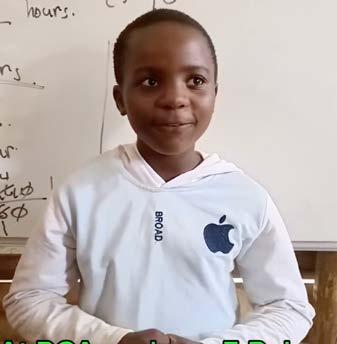
Click here to see videos from RAISE CHESS ACADEMY.
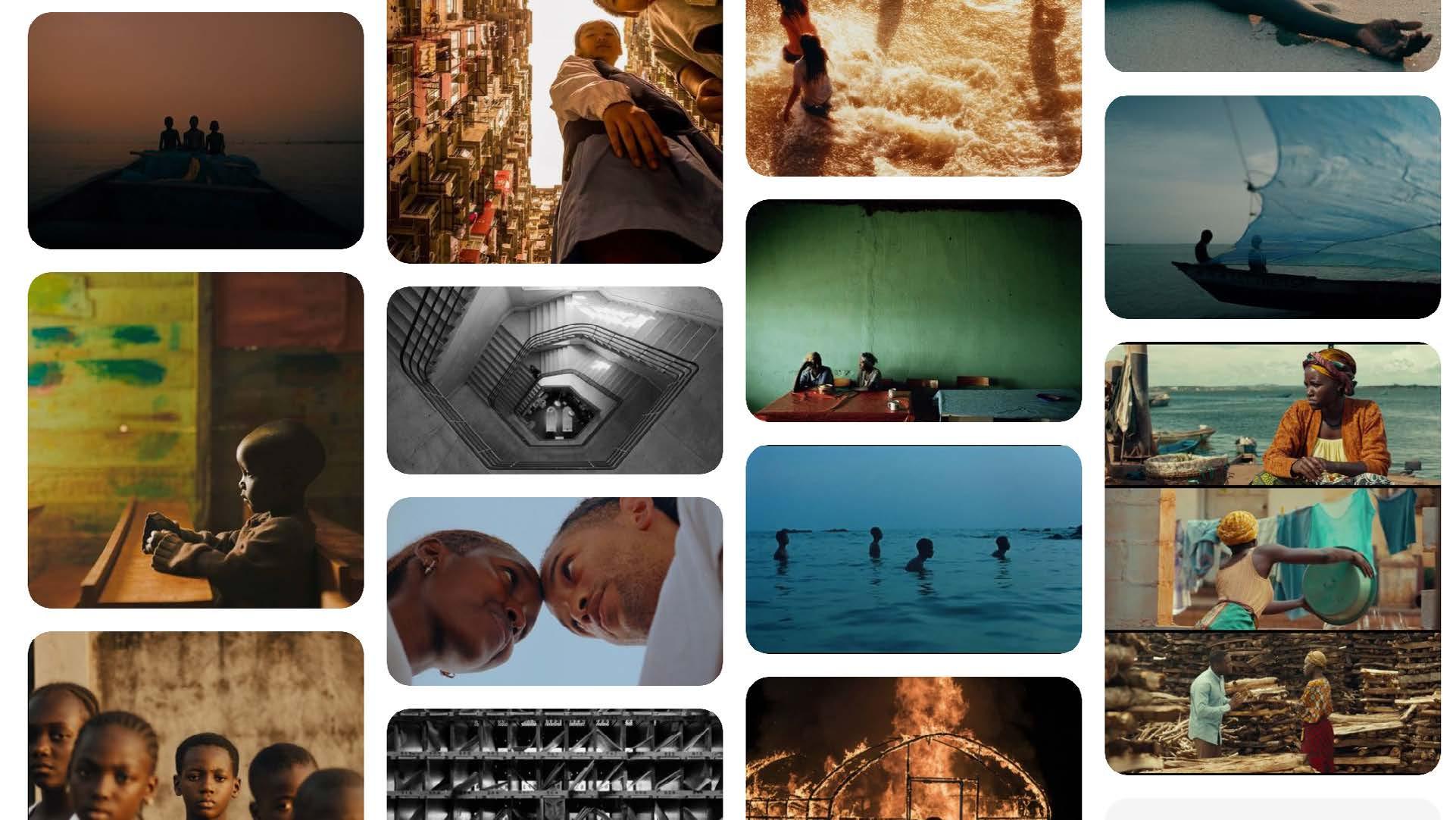
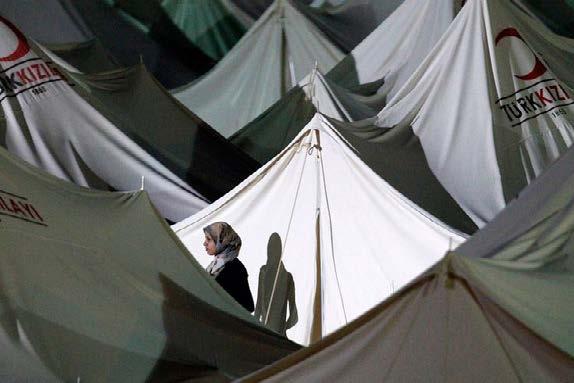
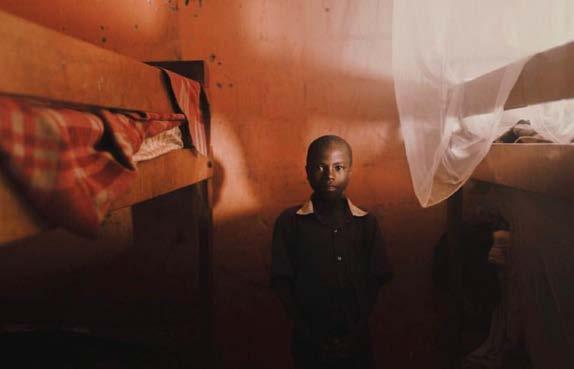
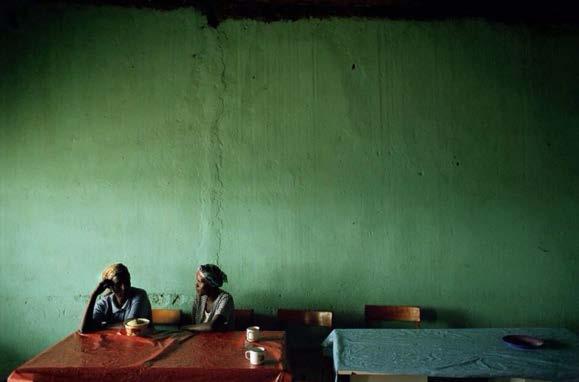
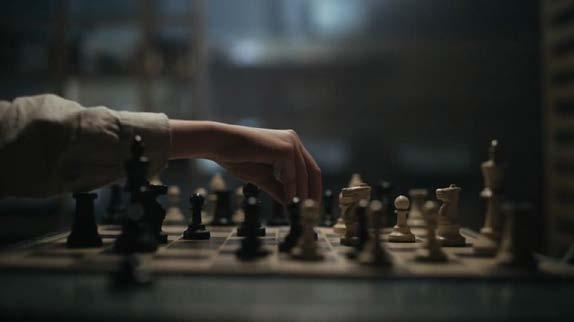
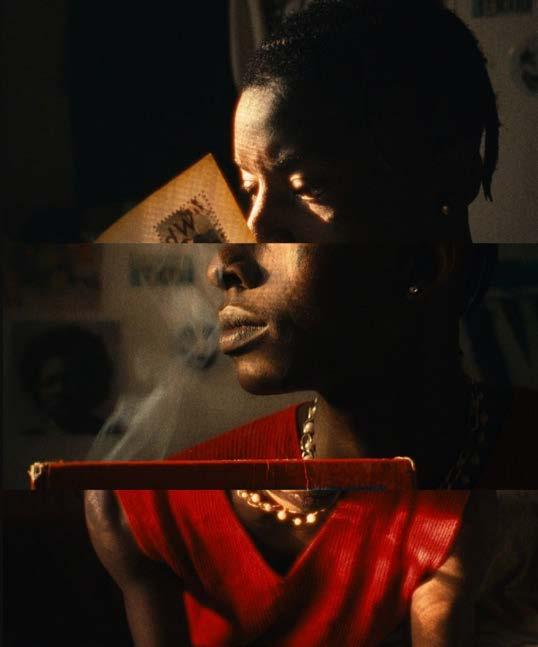
Instead of sensationalizing the struggle in the lives of refugee communities, we focus on the everyday, universal, human aspects of life in a refuee camp - with ethereal light, contemplative use of negative space, and intimate shots of daily activities.
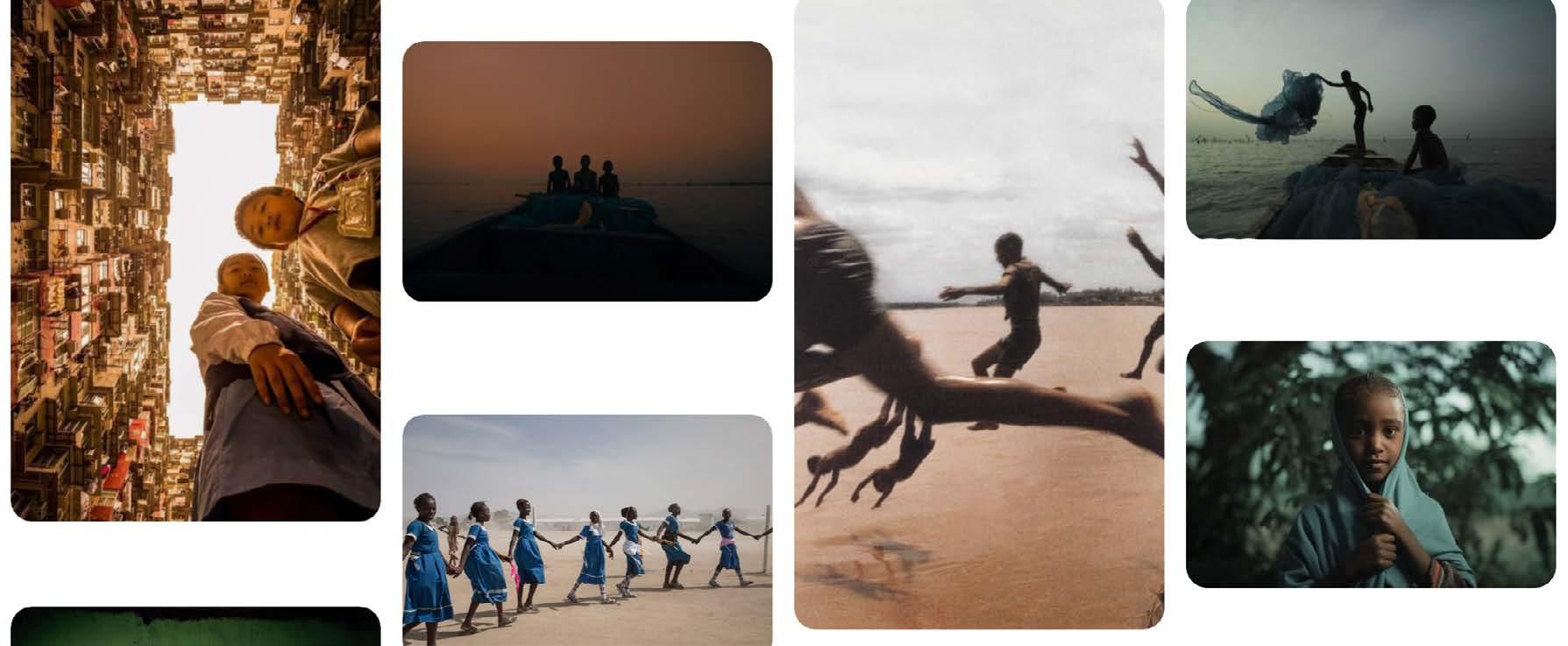
We hope to see life in a refugee camp through the eyes of a child by capturing moments of excitement, deep friendships and getting lost doing activities they love. The film will be driven by the concept of friendship, belonging, and play - for children and young adults, so moments of fast-paced playing, color, curiousity, and moments between friends will add value to these themes.
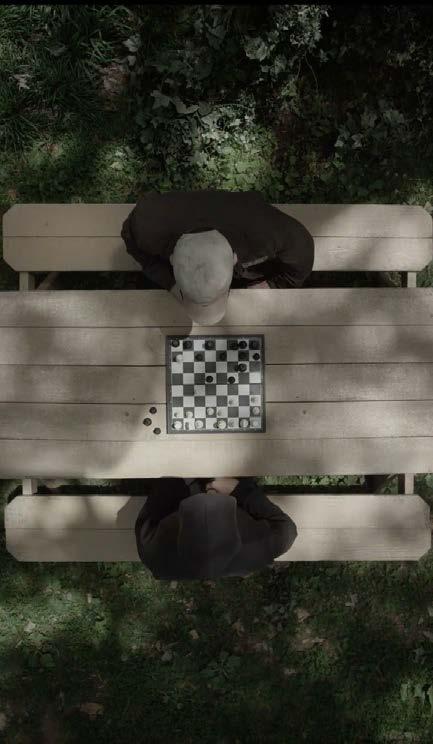
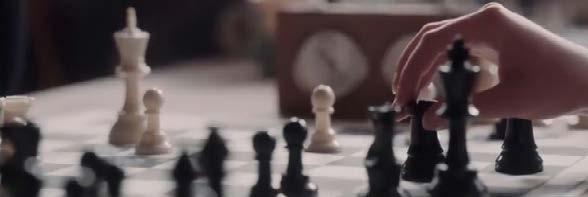


The chess board will be iconic and central to the film, representing a refuge, a tool to overcome psychological trauma, a common culture that unites people from different countries and languages. In a more artistic way, the chess board can represent how kids are strategically coping with their circumstances.
This would make shots of chess scenes and the board itself more dramatic and iconic - sometimes feeling like a gathering place of friends, and sometimes feeling like a place of solitude and contemplation.
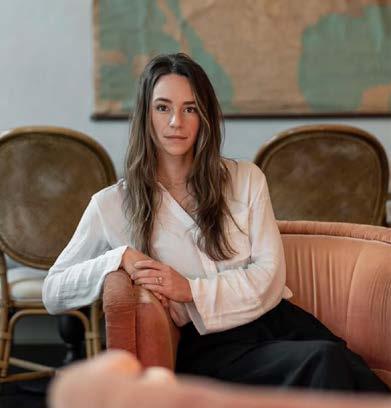

Director and Producer, Gentry Faith Wilson is an award-winning NGO filmmaker. In 2019, she founded Waken Creative Studio, a creative and digital media agency focused on creatively telling the stories of humanitarian efforts, social enterprises, and non-profits. This endeavor has brought her to the far reaches of the globe, filming in the field with programs that make a positive impact on the world - such as the George Lucas Educational Foundation, The Maasai Wilderness Conservation Trust, Kula Project and more. Her film COLLECTIVE HUMANITY received awards for Best Documentary and Best Cinematography at the Austin Under the Stars Film Festival. She also worked on the research team of widely acclaimed and Oscar Qualifying feature documentary, JOIN OR DIE in 2023. Gentry earned her Bachelor of Science in Advertising from The University of Texas at Austin.
Co-Director, Eric Mwangi is known for bringing a distinctive African perspective to global storytelling. An alumnus of the American Film Showcase residency at USC, Eric crafts narratives that resonate deeply with local and international audiences. His recent directorial debut, ACT OF LOVE, garnered critical acclaim for its powerful exploration of maternal mental wellness. In early 2024, Eric released two impactful short documentaries, FUNDING AFRICA and ISLAND OF HOPE, under Video Consortium’s Solutions Storytelling Project - Africa.
In 2024, Eric’s film, Empalikino, won the Best Pitch Award in Nature and Conservation at Sunny Side of the Doc 2024, marking his pitch the second African selection to win in this category in the market’s 35year history.
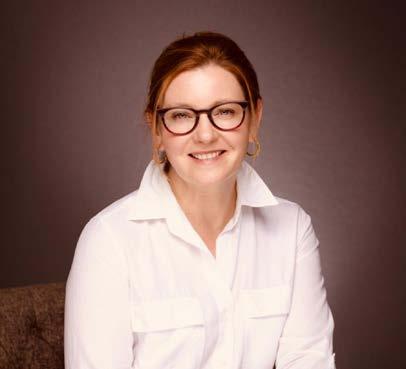

Co-Producer, Carly Seidewand Eppley serves as President of the Board of Directors for Every Shelter, a 501(c)3 non-profit that creates sustainable shelter solutions and economic resilience for refugees in Africa, and has over 20 years of senior executive and board experience in commodity trading, investment banking, global trade, and cross-border financing. Carly’s expertise includes strategic financing, managing complex global transactions, and leading diverse multi-cultural teams across finance, operations, and sales. She has been a prominent speaker on trade policy at US State Department and Export-Import Bank conferences and testified before the U.S. House of Representatives Foreign Services Subcommittee on EXIM Bank re-authorization.
Field Producer and 2nd Camera, Crouch Bertrand, is a former resident of the Nakivale refugee camp of 15 years and founded NoctuMedia in Kampala in 2023, filming commercials, documentaries, and the work of African-led organizations that foster social change. With his perspective as a refugee from Rwanda, his relationship to the refugee experience in Nakivale is nuanced and personal, and he brings depth and personal experience to the stories we tell in the camp.
After months of research and preparation, we begin filming in January 2025!
As we enter this crucial early stage of production, we need support from those with our same shared vision: that true, compelling stories of displaced people are not forgotten or hidden, and that the act of play can heal trauma and build communities.
We hope this film generates widespread and nuanced awareness of the refugee crisis our world is facing - as well as support for organizations who are on the ground in refugee camps, providing necessary aid, development, and infrastructure for families to create a safe and thriving home for themselves and their children.
Help fund our film:


Reach out to learn more:
gentry@gentryfaithfilms.com seidewand@gmail.com